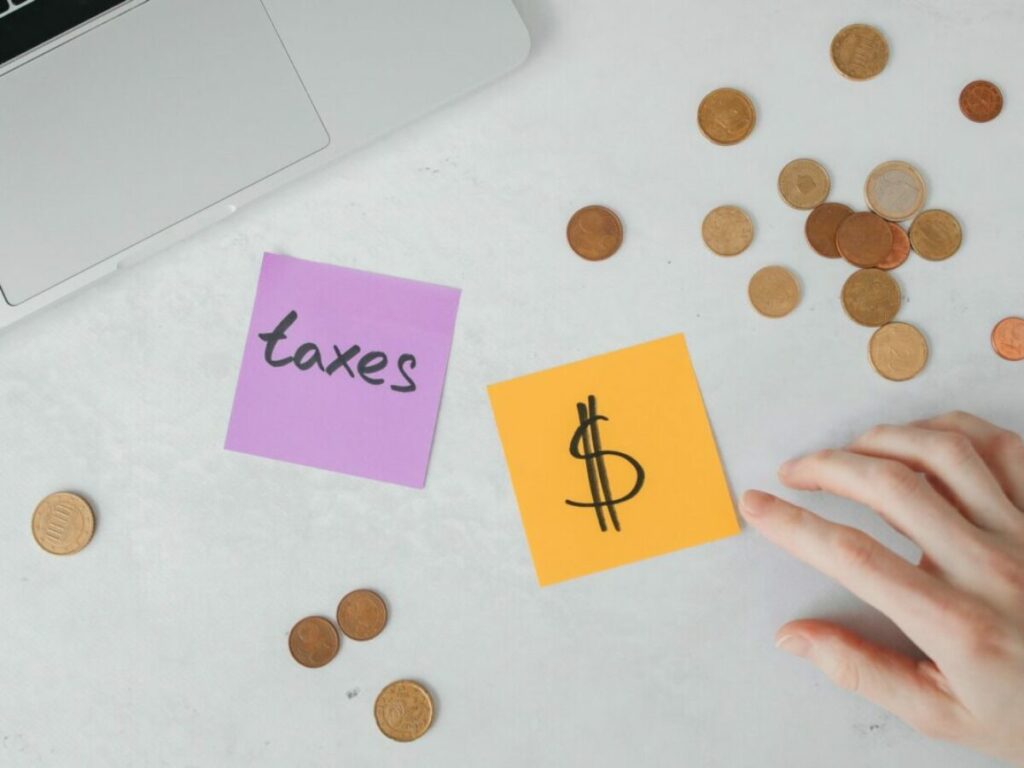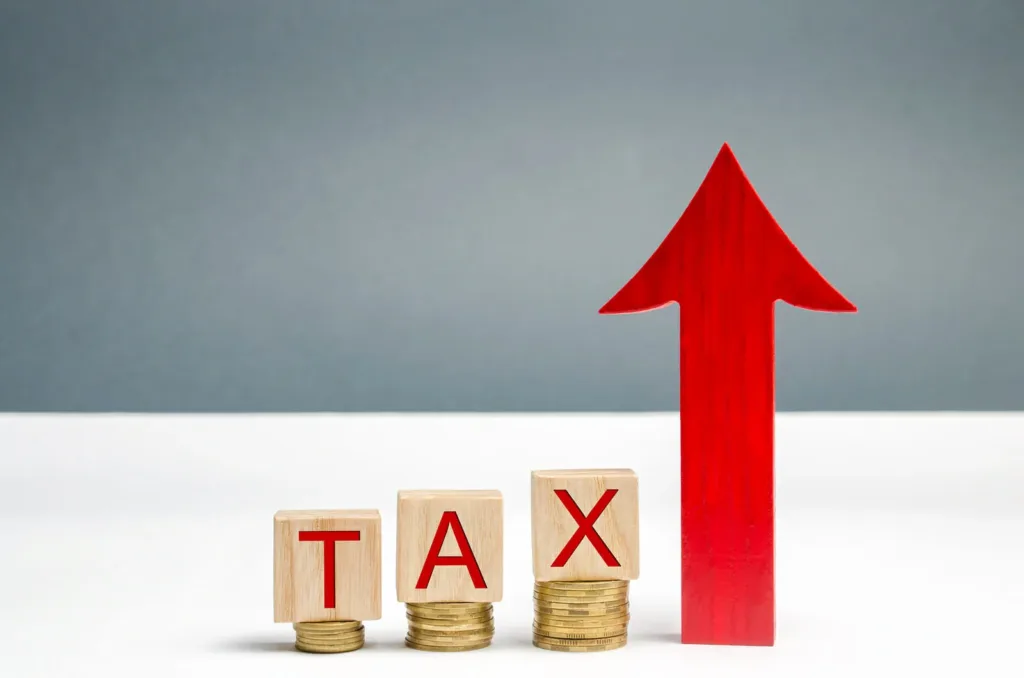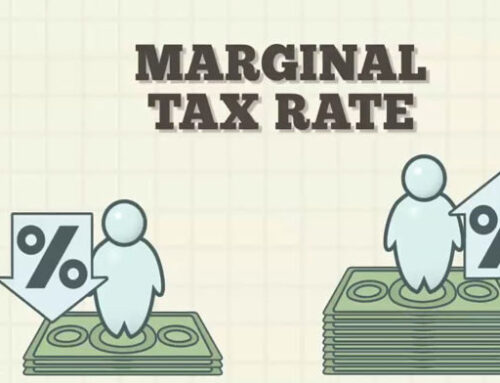When engaging in corporate tax planning, it is recommended to seek the assistance of a small businesses tax accountant. This ensures that you don’t miss out on potential tax deductions that only an expert accountant can identify. Nevertheless, there are also other tax loopholes that are easy to comprehend and worth exploring when filing small business accountant taxes in Canada.
Maximizing Non-Capital Losses: A Key Strategy for Small Business Accountant Tax Planning
To further optimize your tax planning, it’s advisable to take advantage of non-capital losses if your business has incurred expenses exceeding its income in any year. By strategically utilizing these losses, you can minimize your tax liability. It’s important to note that non-capital losses can be carried back up to three years or forward up to 20 years to offset other personal income in a given fiscal year, as long as they were incurred after 2005. It’s recommended to seek guidance from your small business accountant on how to properly leverage this option.

Boost Your Charitable Income Tax Benefits
Donating to registered Canadian charities or qualified recipients is a way to earn tax credits and should be factored in when calculating your corporate tax. When charitable donations exceed $200, you are eligible for a higher tax credit as they are valued at a higher rate. To maximize your charitable income tax benefits, consider increasing your donations to registered charities of your choice this year. For example, if you make $30,000 and donate 5% of your income, your chosen charities will receive $1,500 and you will receive a substantial deduction.
Plan your capital costs contribution strategically
While most small business accountant owners in Canada are aware that they cannot simply deduct the cost of depreciable assets acquired in a given year, they must instead deduct it over the years through equity. However, what they may not know is that they don’t have to apply to the Accelerated Capital Cost Allowance (ACCA) in the same year it occurs. The CCA is not mandatory, and you can choose to use as much or as little of your CCA entitlement in a specific tax year and carry forward any unused portion to offset higher income tax in the future.
Utilize Income Splitting
One useful tax strategy for small businesses is to take advantage of marginal differences in tax rates by dividing your income. In Canada, the higher your income, the higher the marginal tax rate. By transferring a portion of your income to a family member with lower income, such as a spouse or child, you can decrease the marginal income tax rate. This strategy is especially effective for small business accountant owners with dependents, such as school-aged children.
Also read: Separating Business Accountant and Personal Finances 2023
Seek out deductions for your home-based business
If you operate your business from home, you might be able to take advantage of several tax deductions. While not every business is suitable for a home-based setup, it does come with its own tax benefits. In addition to claiming the home office deduction, entrepreneurs can deduct a portion of various household expenses, such as heating, electricity, and home maintenance, as small business accountant expenses.
How to Claim CCA on Form T2125?
If you are a sole proprietor or a partner in a Canadian partnership, you can apply for CCA by filling out line 9936 on the T2125 form. For corporations, CCA can be claimed on vehicles purchased for small business accountant purposes through the relevant section of the T2 corporate tax return. The calculation for CCA is the same for all types of small business accountant, and the same rules and classes apply. The calculation must be reported in area A of the form.
Also read: The Value of Assurance: Building Trust in an Uncertain World
Is it necessary to contribute to RRSP and TFSA?
Small business accountant owners, especially individual owners or partners can benefit from the tax deductions offered by the Registered Retirement Savings Plan (RRSP) and Tax-Free Savings Accounts (TFSA). Whether you need to contribute the maximum amount to RRSP each year depends on how much your income fluctuates annually. The tax savings on RRSP contributions are based on the marginal tax return rate, and any unused RRSP contribution room can be carried forward to future years.

Understanding the Guidelines for Deducting Expenses on Meals and Entertainment
To apply the costs of meals and entertainment for income tax purposes, the Canadian Tax Administration (CRA) sets rules on the maximum amount that can be claimed. According to CRA, the maximum deductible amount for food, beverage, and entertainment expenses is 50% of the smaller amount between the actual expenses and what is considered reasonable in the given circumstances for Business Accountant in Chatham. Additionally, taxes and gratuities are included in the total cost and also subject to the 50% rule. For instance, if you take a client out for lunch and the bill amounts to $50, you can only deduct $25 as a tax-deductible expense.
Also read: 6 Options Of Separating Business Accountant and Personal Finances
In conclusion,
As a Canadian small business owner, it’s crucial to be aware that a portion of your business income goes towards paying taxes. Whether you’re in the process of writing your business plan or already operating your small business accountant, it’s essential to understand the taxes applicable to your business, the process of filing your tax returns, and the available tax deductions for small business accountant that you may qualify for.
Recent Posts
FAQ
How does my business structure impact my tax return?
The tax you owe is determined by the structure of your business. Many small businesses begin as sole proprietors or partnerships, which are not separate from the owner(s). In this case, you must report your business income on a T2125 form in addition to a T1 Individual Tax Return. If you work as an independent contractor or freelancer, your tax rates will be similar to the personal income tax brackets.
If my small business hasn't made a profit, do I still need to file a tax return?
Even if your small business hasn't made a profit, it's still necessary to file a tax return. As a business owner, it may take time for your business to become profitable. If you experience a net loss in a specific tax period, you may be able to use that loss to offset your total tax liability by applying it to your other income.



